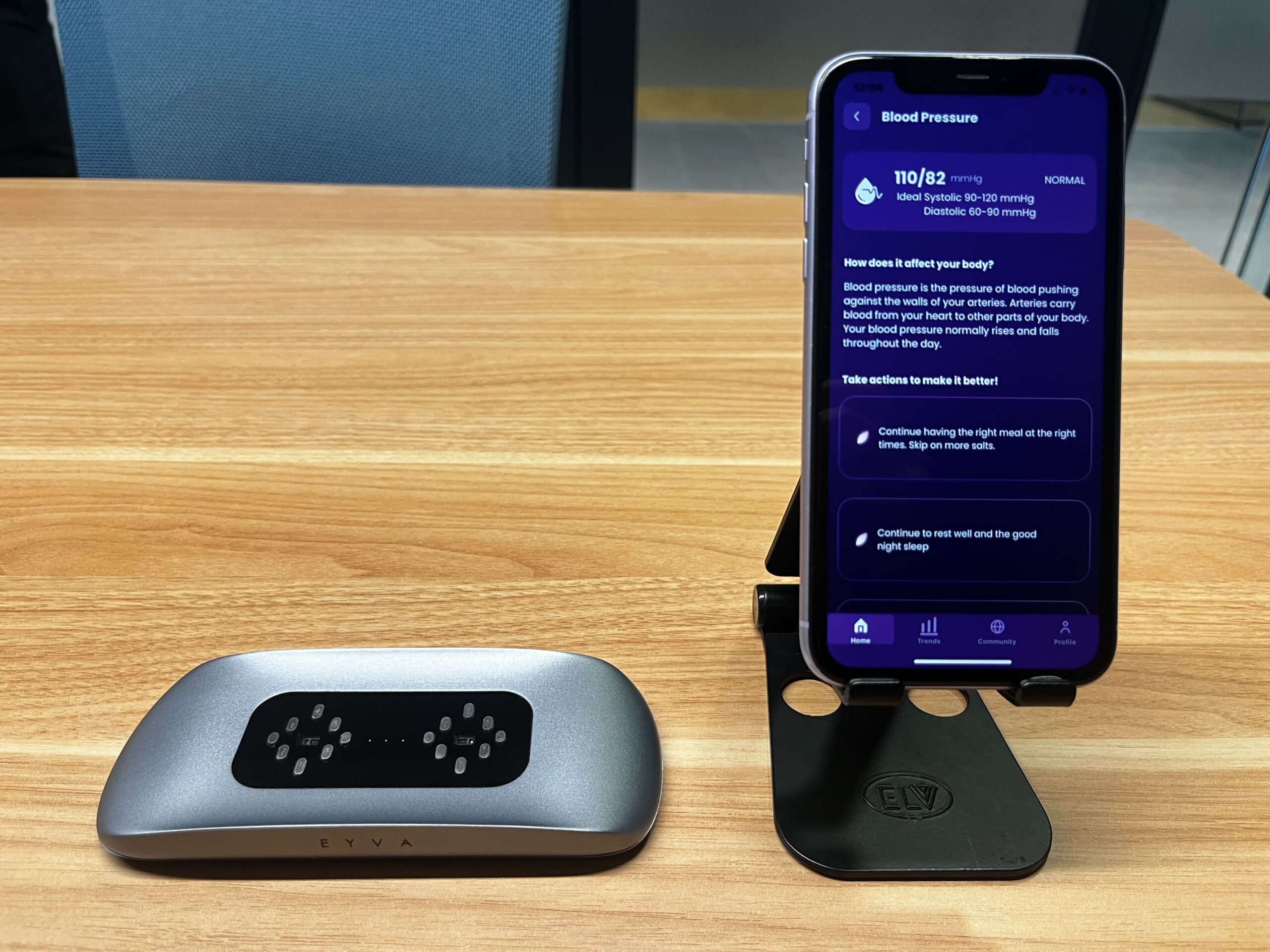Mastering Blood Sugar Levels: PMS, Menstrual Cycle & Its Impact on Blood Glucose
Hey there, curious minds! Today, we’re delving into a topic that affects us: the intricate link between your menstrual cycle and blood sugar levels. It’s not just about periods and fertility; it’s about how your body’s hormones can influence your metabolism, blood sugar management, and overall health. Let’s break it down, shall we? You can […]
Hey there, curious minds! Today, we’re delving into a topic that affects us: the intricate link between your menstrual cycle and blood sugar levels. It’s not just about periods and fertility; it’s about how your body’s hormones can influence your metabolism, blood sugar management, and overall health. Let’s break it down, shall we? You can invest in one blood sugar monitoring machine to keep a tab on your menstrual cycle.
The Monthly Matter: Your Menstrual Cycle
Alright, for those of you who have been through it, you’re familiar with the drill – that monthly rollercoaster of hormones and bodily changes. Lasting roughly 28 days for most, it’s orchestrated by two main players: estrogen and progesterone. While it preps your uterus for potential baby-making, it also throws some metabolic tricks into the mix.
The Two-Part Symphony: Follicular and Luteal Phases
Your cycle has two distinct phases. First is the follicular phase (days 1-14), where estrogen levels take the lead. During this time, your body becomes more sensitive to insulin, which leads to lower blood sugar levels. This is where a blood sugar level test could come in handy to track these changes. Then comes the luteal phase (days 15-28), where progesterone steps into the spotlight. Now, your insulin sensitivity takes a bit of a dip, and this might cause blood sugar levels to rise at times.
Meet the Hormones Shaping the Show
Let’s talk about the real MVPs: Glucagon and Insulin.
- Glucagon: Think of it as the blood sugar superhero. When your levels start to drop, glucagon swoops in, working with other hormones to boost them back up.
- Insulin: This is the blood sugar maestro. It’s responsible for bringing those sugar levels down, allowing your cells to gobble up glucose for energy or storage.
Cracking the Code of Insulin Resistance
Ever heard of insulin resistance? It’s like a traffic jam in your cells, where they’re not as responsive to insulin’s instructions. Genetics, lifestyle, and various health conditions can influence this. And guess what? Your menstrual cycle can play a role too!
Unraveling the Connection: Diabetes and PMS
Ever felt like your monthly cycle and your blood sugar levels are doing a secret handshake? You’re not alone! A recent study in the journal Life has shed light on the connection between diabetes mellitus (DM) and premenstrual syndrome (PMS). This isn’t just an interesting fact; it’s a vital piece of information for women with diabetes. The study suggests that managing hyperglycemia and being aware of PMS complications can make a world of difference.
The Ins and Outs of Insulin Sensitivity
Here’s the deal: your insulin sensitivity hits its peak just before ovulation (the follicular phase), then takes a bit of a dip post-ovulation (the luteal phase). Research even points to changes in insulin and glucose levels during this luteal phase.
Mastering the Factors and Game-Changing Strategies
Now, let’s talk about what you can do. Your diet, exercise routine, medications, stress management, and sleep habits all play a part in keeping those blood sugar levels steady. Finding balance is key
Your Period Pressure Points: Blood Pressure
Not just about blood sugar, let’s not forget about blood pressure. Monitoring it during your period is vital, especially if you have existing health concerns. It can be a subtle signal about underlying issues, like uterine fibroids.
The Art of Blood Sugar Balance
You’re setting off a chain reaction when you munch on carb-rich goodies. Glucose floods into your bloodstream, triggering insulin release. This dynamic duo ensures your blood sugar stays in that sweet spot of normal.
In a Nutshell
Understanding how your menstrual cycle and blood sugar levels do the tango can empower you in managing your health. Tailoring your approach, armed with knowledge and maybe a bit of tech assistance, gives you the upper hand in this dynamic dance. So, go forth, armed with insight, and conquer the world, one cycle at a time! And hey, if you’re looking for a blood sugar monitor without finger pricks, you might just find one with a few clicks online!
Practical pointers for women battling blood sugar level woes during various points of their cycle:
Okay, now for some actionable steps to keep your blood sugar levels in check:
- Craft a blood sugar-friendly meal plan: Sit with your doctor and a nutritionist to create a meal plan that’s low in calories, saturated fat, trans fat, sugar, and salt. Focus on high-fiber foods like whole grains, fruits, and vegetables.
- Stress less, thrive more: Stress can send your blood sugar levels on a rollercoaster ride. So, find activities that help you unwind – be it deep breathing, gardening, walking, meditating, pursuing a hobby, or listening to your favourite tunes.
- Get Moving: Aim to be active most days of the week. Start with small steps, like taking short walks a few times a day. Strengthen your muscles with stretch bands, yoga, gardening, or even some push-ups.
- Monitor, monitor, monitor: Get a non-invasive blood sugar monitoring gadget to keep and check on how each different meal or food is affecting you.









